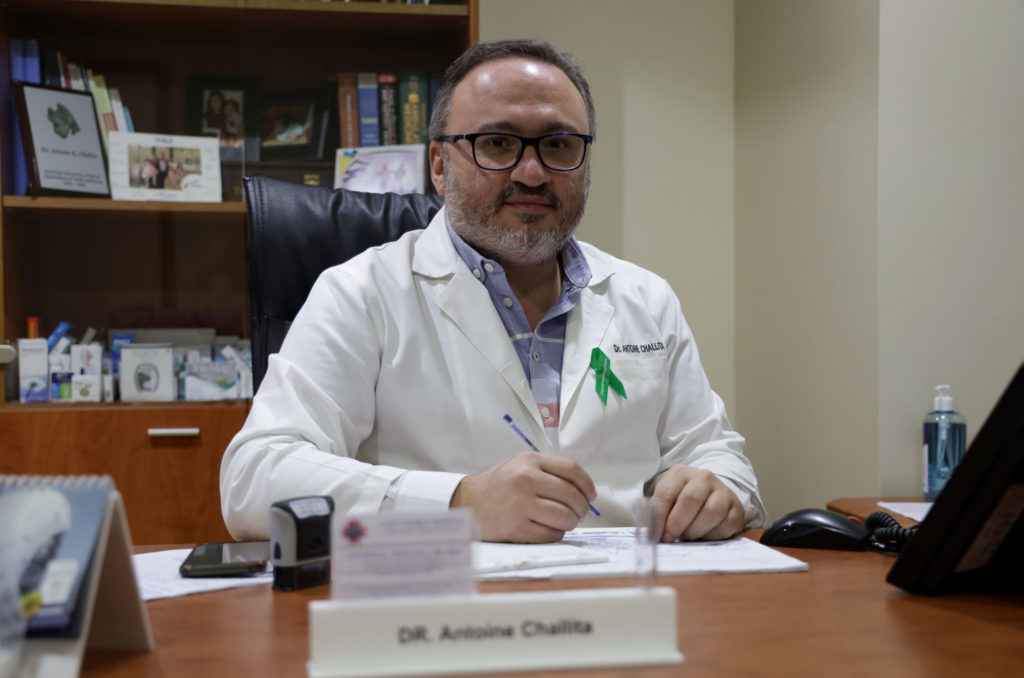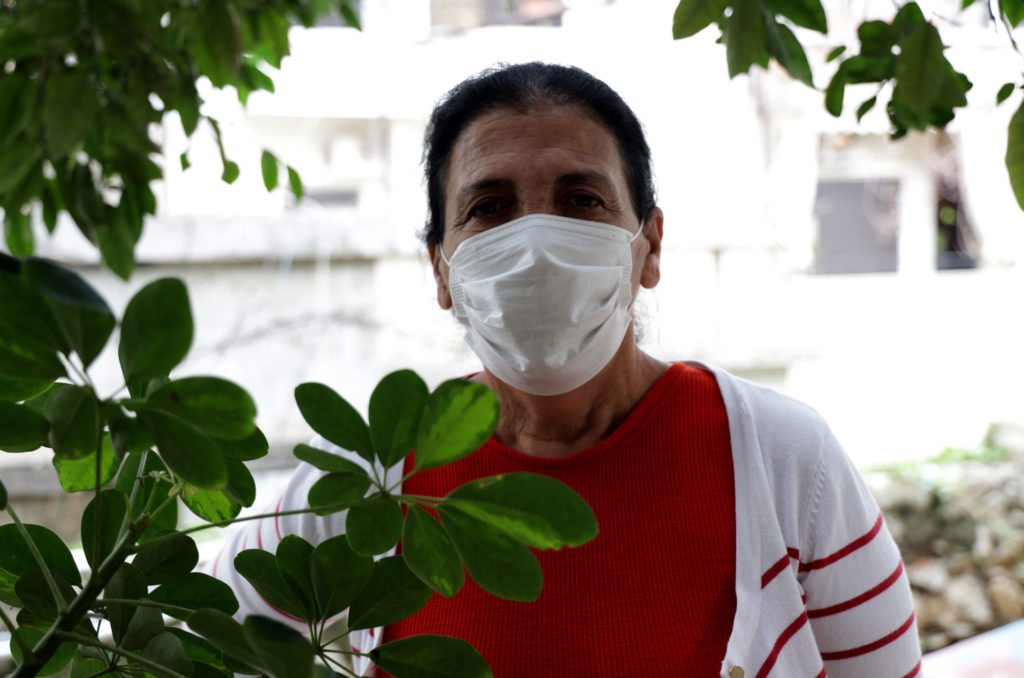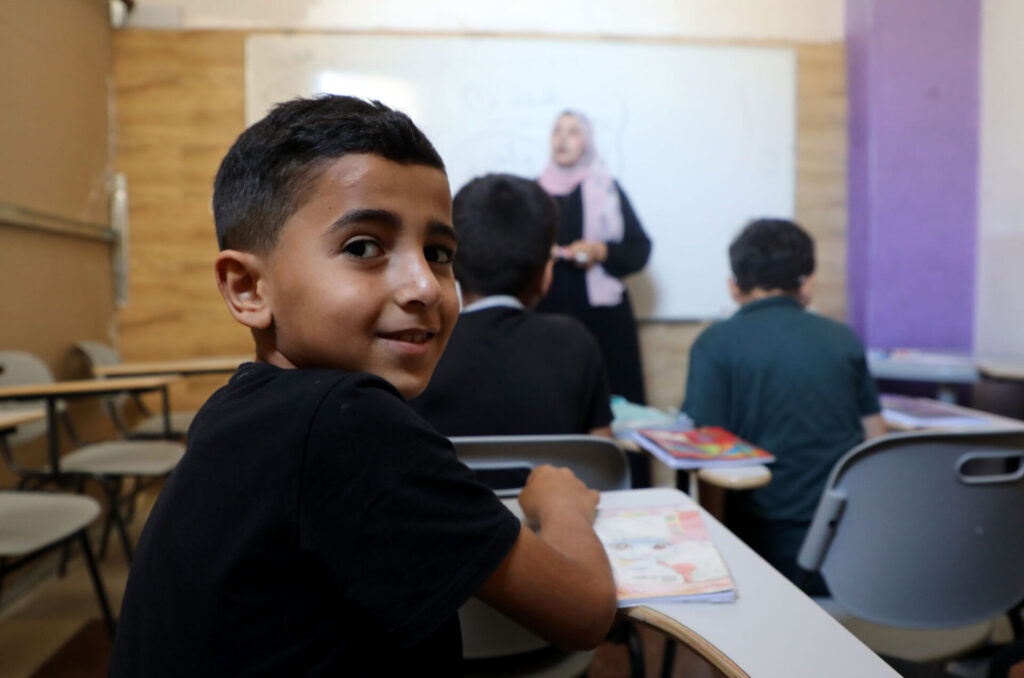HEALTH
Hospital Damaged in Beirut Blast Continues Patient Care
Jan, 2021
Hospital gutted by the blast relies on medical aid to continue serving vulnerable patients
A disproportionate number of people in Lebanon live with chronic non-communicable diseases — a reality due in part to the many catastrophes and crises its residents have experienced. According to the International Development Research Centre, among the multiple challenges facing refugee and rural populations in Lebanon is the high rate of chronic diseases like diabetes and high blood pressure. Widespread illnesses of this sort account for more than 80% of deaths, and one in three refugees suffers from a chronic illness.
To address these challenges, Anera and International Health Partners have been working together to organize, facilitate and deliver high-quality medication and medical supplies to those most in need in Lebanon. Airlink provided the shipping for these donations halfway across the planet.
The Beirut blast was the latest shock, a life-changing event for all those who lived through it. It was the last thing that thousands of chronic disease patients needed in Lebanon. The trauma of the event alone was harmful for heart disease patients and those who struggle with mental illness, while the dust left the air more hazardous, especially for people with allergies and asthma. The blast also destroyed or damaged numerous charitable pharmacies and hospital dispensaries upon which thousands of patients depended for affordable or free-of-charge medications.
Among the hospitals badly damaged is the Saint George Hospital and its pharmacy. Because of its top quality service, this hospital was a mecca for patients in Beirut and from all over Lebanon. After the blast, Saint George established a community healthcare center in a public space near the hospital to serve their patients until the hospital facilities are fully renovated.
Saint George Hospital is one of Anera’s partners receiving medical aid through IHP. This most recent shipment includes a combination of chronic and acute medications, including antihypertensives, antidiabetics, and anti-allergens.
Antoine Shalita, a specialist in family and occupational medicine, responsible for the healthcare community center at Saint George Hospital, says, “We were greatly affected by the explosion of August 4 in Beirut. We thank Anera and IHP for the continuous support and for believing in our work and mission.”


“We provide financial aid and free medicine for patients who have lost all their savings. We always need antibiotics and antivirals, especially for people infected with coronavirus.”


Nadia is a 57-year-old Lebanese patient and one of the many who depend on Saint George Hospital’s pharmacy to get medication. She lives close by, very near the blast site. “I still can’t believe what happened,” she says. “I am still in shock from the Beirut blast. It destroyed my city and left so many injured, especially in my neighborhood.”
She is anxious about how she will get by.
“I am running low on money, and the situation is difficult. I purchase some of my medication from the pharmacy. Of course I’ve had to cut down on many of them, like aspirin and vitamin D, because prices have increased.”
Thankfully, the hospital ensures that at least she doesn’t have to worry about some of her most important medications. “I get my diabetes medicine from the Saint George Hospital pharmacy.”




